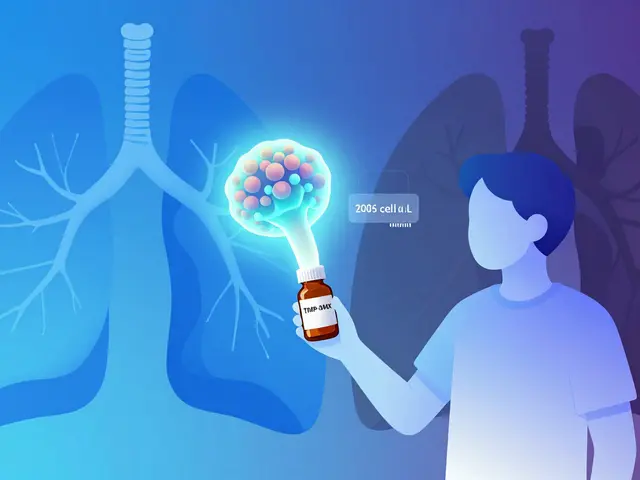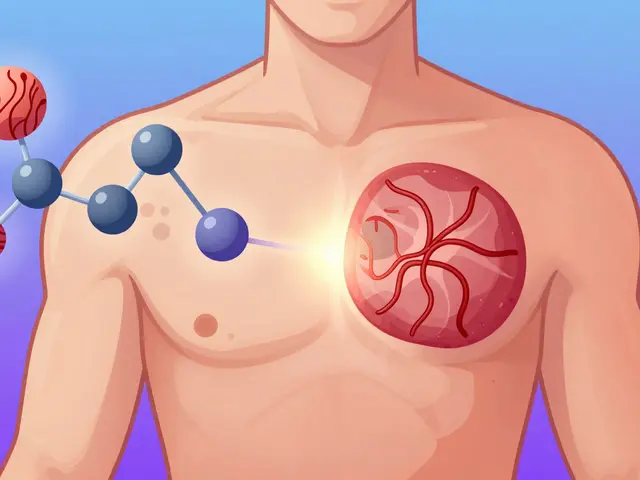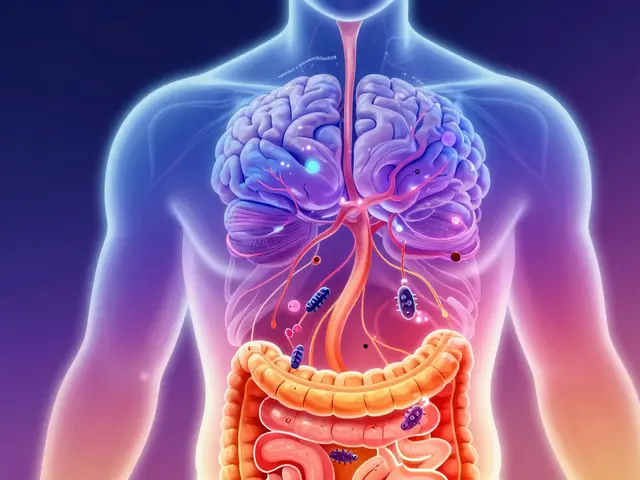Azelaic Acid & Vitamin C: The Ultimate Skincare Pairing
October 23 2025PMDD: What It Is and How to Start Feeling Better
The week before your period can feel like a different person — that's PMDD for a lot of people. Premenstrual dysphoric disorder (PMDD) is more than bad cramps or mood swings. It causes intense emotional and physical symptoms that show up in the luteal phase (after ovulation) and ease once bleeding starts.
PMDD affects a small but significant share of people who menstruate and can seriously hurt work, relationships, and daily life. If your symptoms are severe, predictable each month, and interfere with normal life, it’s worth getting checked.
How to recognize PMDD
Symptoms usually start in the week before your period and go away within a few days after it begins. Key signs include severe irritability or anger, deep sadness or feelings of hopelessness, anxiety, mood swings, and trouble concentrating. Physical complaints like breast tenderness, bloating, headaches, fatigue, and sleep problems often join the emotional symptoms.
One clear clue: symptoms follow your cycle. Keep a simple daily log for two or three cycles — note mood, sleep, appetite, and energy. A pattern that repeats each month helps your clinician make a diagnosis instead of blaming stress or other conditions.
Treatment options that actually help
There are several evidence-based treatments. Antidepressants called SSRIs (for example, fluoxetine or sertraline) are a common first choice. They can be taken every day or only during the luteal phase — your doctor will suggest the best plan for you.
Hormone options, like certain combined birth control pills, help some people by stabilizing hormone swings. For very severe cases, doctors may consider stronger hormone suppression, but those need careful follow-up and sometimes ‘add-back’ hormones to protect bone health.
Cognitive behavioral therapy (CBT) also works well for PMDD — it teaches skills to handle mood shifts and reduce stress. Lifestyle changes matter: regular aerobic exercise, steady sleep, cutting back on alcohol and caffeine before your period, and eating balanced meals can reduce symptoms.
Some supplements — for example, calcium — have shown benefit in trials. If you try vitamins or herbs, talk to your clinician about safe doses and interactions. Always get prescriptions from a licensed provider and use reputable pharmacies if ordering meds online.
If you feel hopeless or have thoughts of harming yourself, get help right away. Tell someone you trust and contact emergency services or a crisis line in your area.
PMDD is real and treatable. Start by tracking symptoms, talk to a clinician who knows menstrual mood disorders, and try a mix of medical and practical strategies until you find what helps. Small changes can make those pre-period weeks far easier to manage.
 2 Jul
2 Jul
Sarafem: Uses, Effects, and What to Know Before You Start
Unpack everything about Sarafem: its purpose, side effects, real-life facts, and what to expect. Straight answers for anyone curious about this treatment.
Read More...




